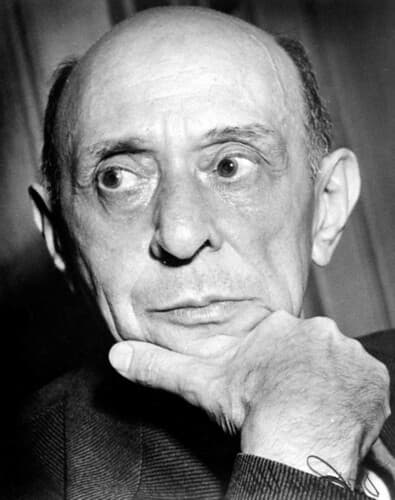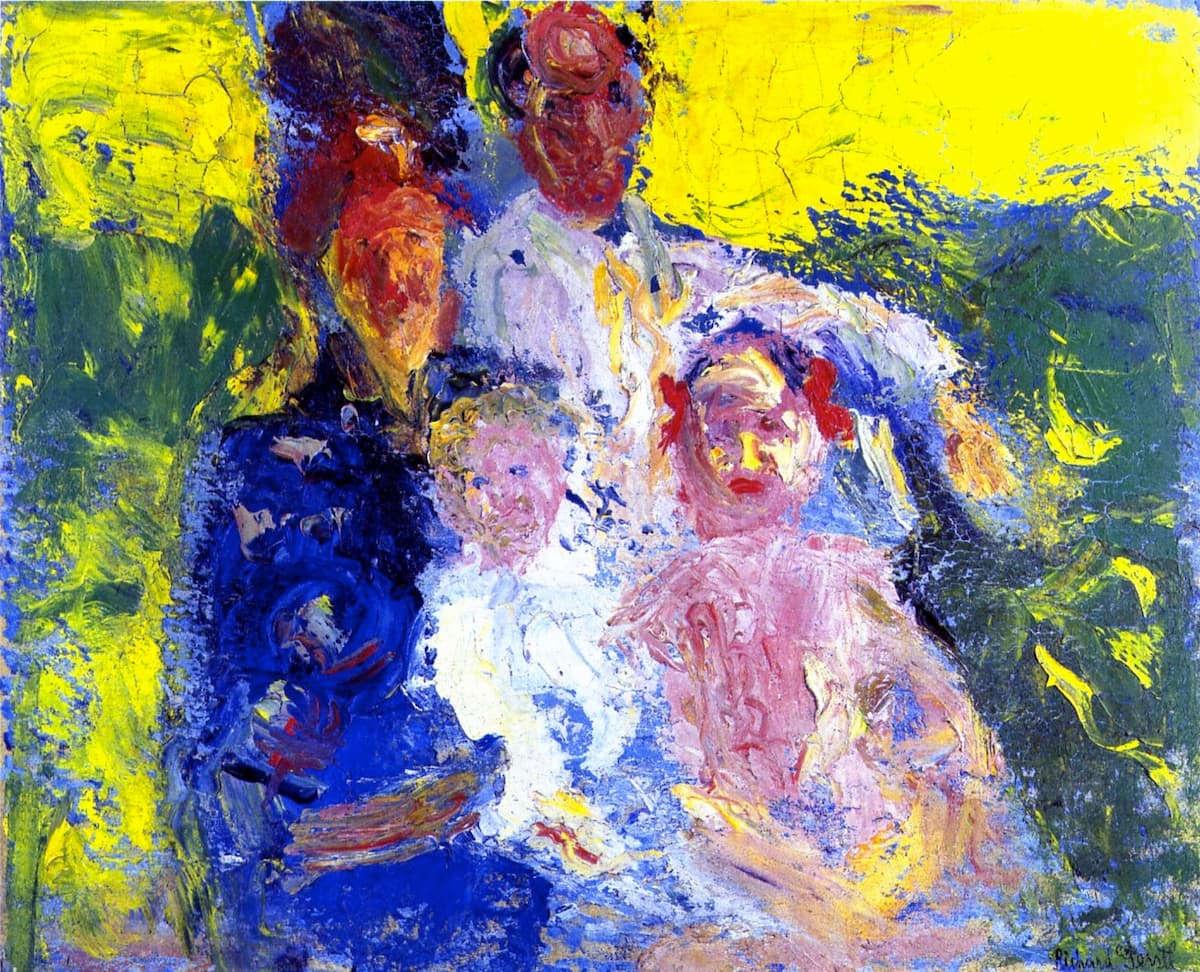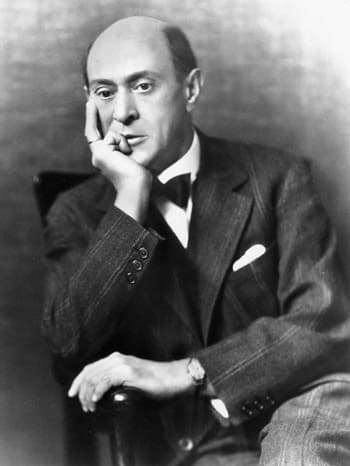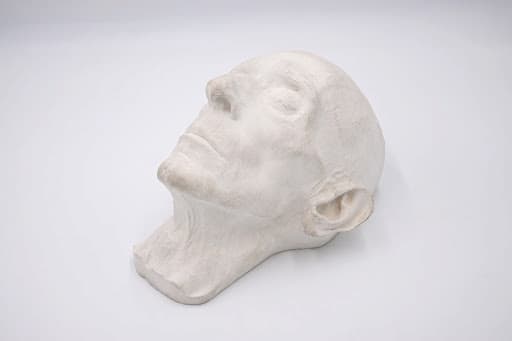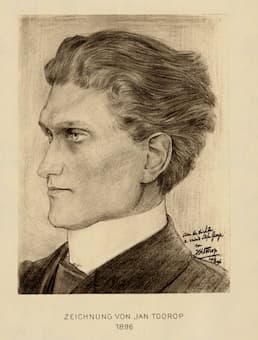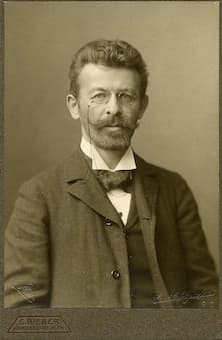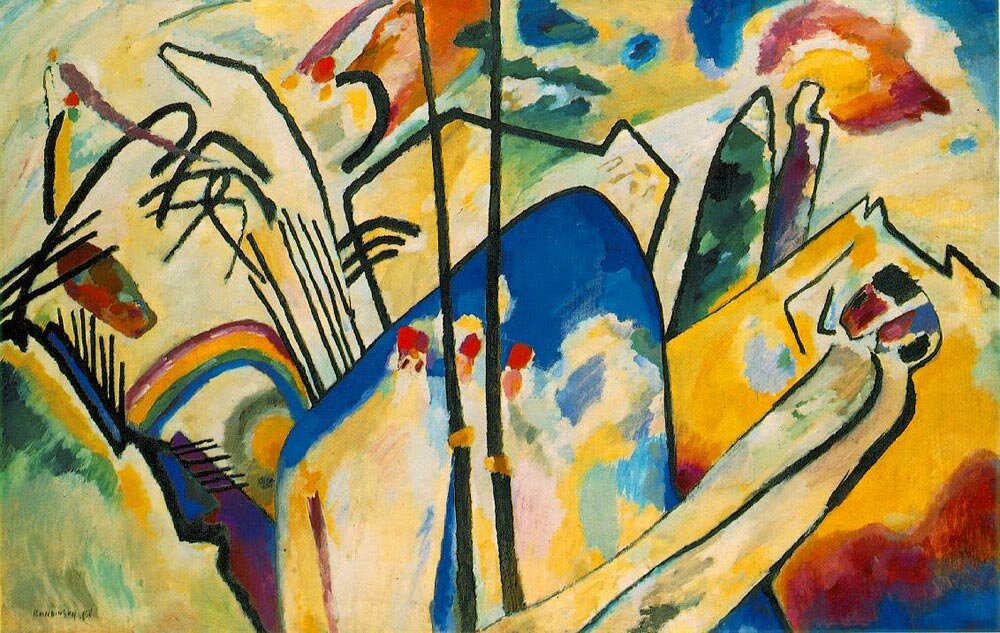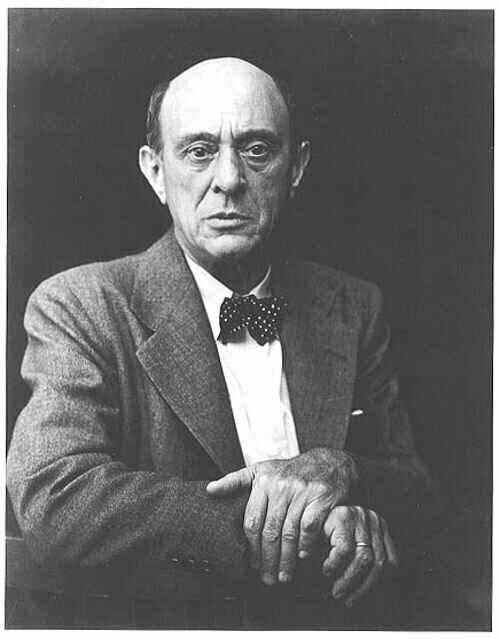Arnold Schoenberg’s Ode to Napoleon, Op. 41, for string quartet, piano, and reciter, was completed on 12 June 1942. The reciter takes his text from Lord Byron and his Ode to Napoleon Buonaparte, written in 1814. The occasion was the
Schoenberg
There has been some speculation that the doomed love affair between the young and brilliant painter Richard Gerstl and Mathilde Schoenberg—mother of two and wife to Arnold Schoenberg—served as a catalyst for the composer’s historic leap towards atonality. While such
“Great art presupposes the alert mind of the educated listener” I am sure that at one point or another you’ve heard the slant that Arnold Schoenberg (1874-1951) is the only classical composer who uniquely can empty any concert hall by
The great composer Dimitri Mitropoulos said in 1951, “I was profoundly shocked to read of the death of Arnold Schoenberg. He was one of the greatest geniuses of our time. He did for music in the twentieth century what Einstein
The German symbolist poet Stefan George (1868-1933) and Arnold Schoenberg (1874-1951) probably never met – as one commentator said, ‘One reason could be that as charismatic leaders of cults, they too much resembled each other.’ In Paris in 1889, Stefan
In his breakthrough instrumental piece, written in 1899 and given its premiere in 1902, Arnold Schoenberg (1874-1951) set aside all the vocal music he’d been writing to produce a work of true beauty. Verklärte Nacht (Transfigured Night) was based on
When you get two modern artists together, something special happens. In this case we have a composer/painter in Arnold Schoenberg and the Russian painter Wassily Kandinsky. As the story goes, in early January 1911, Kandinsky, who was in Munich, went
There is considerable debate across the entire scholarly and social spectrum as to what composer was most influential in the field of Western Classical music. It may, or may not surprise you to learn that Glenn Gould considered Arnold Schoenberg

